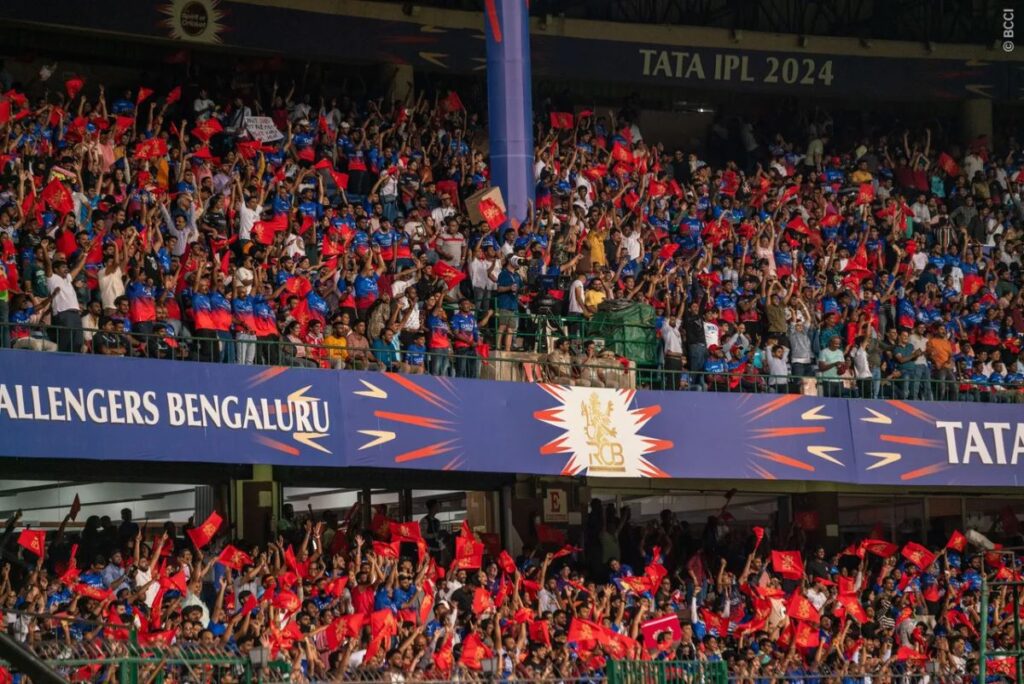
Skift Take
Indian travelers want to experience live events. But India has a long way to go before it can fully monetize the potential of sports tourism.
India’s sports tourism market is expected to grow at an annual rate of 17% and reach $53 billion by 2033. A new report by KPMG – ‘Harnessing India’s Sports Tourism Potential’ – looks at the challenges India faces in capturing this potential.
“The sports tourism sector, while lucrative and rapidly expanding, also poses several weaknesses and threats that need to be addressed persistently to harness its full potential,” the report said.
It listed challenges such as outdated and poor-quality infrastructure, road congestion and pollution, and over-dependence of some destinations on sports tourism. It also raised the seasonality of sporting events as an issue, and the need for heightened security at high-profile events.
To offset these, the report suggested certain measures:
- Diversifying offerings by including lesser-known amateur and adventure sports to attract local or repeat visitors. That can help deal with seasonality by providing alternatives for down times.
- Using technologies such as virtual reality and augmented reality to improve audience experience. Additionally, technology can also be used to manage crowds and improve security.
- Promoting local culture and local tourism activities along with sport events can improve visitor experience and lead to longer stays. “For example, coupons may be offered to participants and tourist to spend at local stores, restaurants, and other services. Sport-event planning is an opportunity to advertise the destination,” the report said.
- Promoting events that practice sustainability can attract audience passionate about that cause.
Earlier this year, a report by travel services company Collinson showed that about 80% sports fans in India are traveling for experience. More than 50% of Indian sports travelers are also spending over $500 per trip per person. For a country where middle class individuals have an annual income between $6,000 and $36,000, this is a significant amount.
In June, Skift had reported that online travel companies were witnessing up to 40% surge in demand for big-ticket global sporting events, including cricket World Cup series, Wimbledon, the Olympics, and F1.
IndiGo’s Venture Capital Fund Gets Green Light
Indian airline IndiGo’s corporate venture capital fund IndiGo Ventures has received the approval from capital market watchdog Securities and Exchange Board of India (SEBI). Through this fund, IndiGo aims to invest in startups that “have the potential to redefine the future of aviation and beyond,” the airline said in a statement.
More specifically, it will look at ventures that will work on technologies and solutions within the aviation sector, and consumer startups having a touchpoint in the passenger journey across travel, lifestyle, hospitality, and transportation aspects.
IndiGo Ventures has set up the portal and is engaging with a few startups and their founders. The airline expects to start investments by the end of the 2025 fiscal year.
Sarovar Hotels Opens Golden Tulip in North Goa
Sarovar Hotels has opened Golden Tulip Vagator in North Goa. The 30-key retreat is a part of the hotel chain’s strategy to expand its footprint in Goa.
Ajay Bakaya, Managing Director, Sarovar Hotels, said that Goa is a vital market for the company as the region is witnessing consistent growth in tourism.
The company has more than 125 operational hotels in India and overseas. It aims to have 150 operational hotels in India by the end of 2025. “These are conservative numbers. I want to ensure that we open hotels smoothly and properly rather than in a rush,” Bakaya said to Skift in an earlier interview. The company is looking at a pipeline of 70 to 80 hotels currently.
Bengaluru Airport Partners with E-Flying Taxi Startup
Bengaluru Airport has tied up with Sarla Aviation to explore electronic air mobility solutions. In a post on Twitter, the Bangalore International Airport Limited (BIAL) wrote, “Together, we are pioneering the development of new operational models for seven-seater eVTOL (electric vertical take-off and landing) aircraft.”
In simpler words, the move is aimed at introducing e-flying taxis in the city. On its website, Sarla Aviation said that it is targeting Mumbai, Bengaluru, Delhi, and Pune to make “aerial ride-sharing as affordable as current Uber or Ola rides.”
It also claims that e-flying taxis could cover the route from Bengaluru Airport to Electronic City in 19 minutes as compared to 152 minutes via road, and at a lower cost: INR 1,700 ($21) as compared to cab aggregator Ola’s INR 2,500 ($29).
Clarissa Group Opens First 5-Star Resort
The Clarissa Group has announced the opening of Clarissa Resort & Spa Mukteshwar in Nainital. This marks the hotel chain’s first 5-star property, and the third property in its portfolio.
In a statement, the group said that the move is a part of its expansion spree. It currently operates two 4-star properties in Jim Corbett and Goa. The hotel chain’s focus is on creating luxury properties in natural landscapes.

